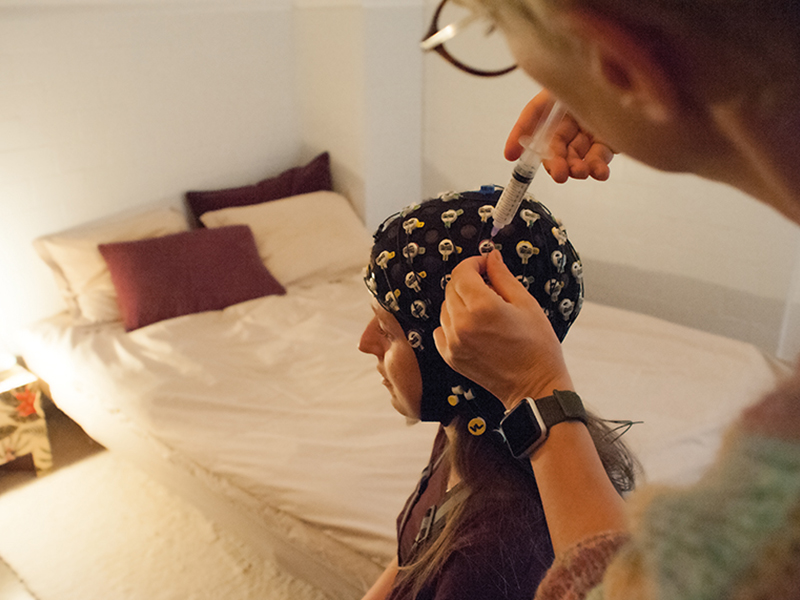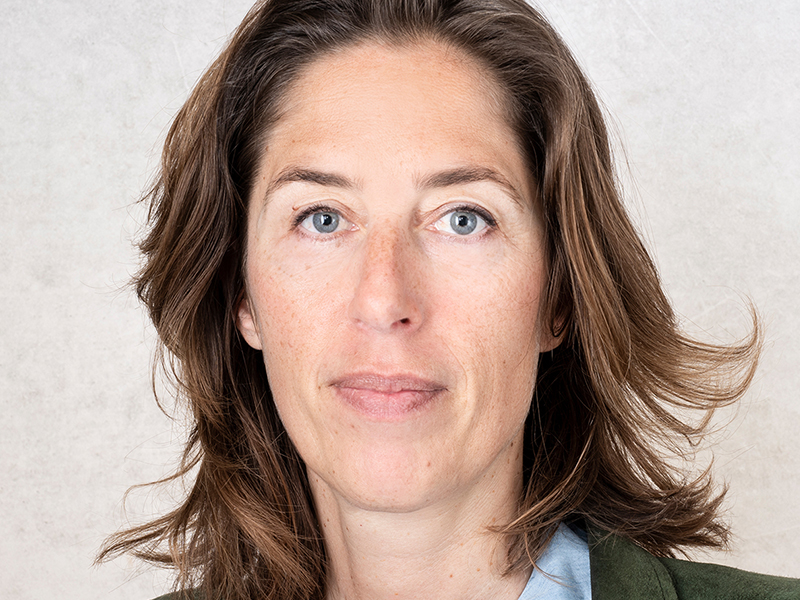Social Neuroscience
Our deep sleep reveals how cooperative we are
Each person possesses a unique sleep profile, evident in their brain wave patterns. Using these, Bern researchers can now gauge an individual's everyday cooperativeness and prosocial behavior.¨

Cooperative and prosocial behavior plays a crucial role in a well-functioning society, but not all individuals exhibit the same level of cooperativeness and altruism. How prosocial someone is can also be discerned during deep sleep, as demonstrated by researchers led by Daria Knoch, Professor of Social Neuroscience at the University of Bern: "The more so-called slow waves a person exhibits in deep sleep in a brain area called right temporo-parietal junction (TPJ), the more prosocial they act. Among other functions, this region of the brain is important to take the perspective of others,” explains Daria Knoch. The results have recently been published in 'The Journal of Neuroscience.'

Media release
Media release from the University of Bern dated March 11, 2024 on the study
Details and link to publication
Studler M, Gianotti LRR, Lobmaier, J, Maric A, Knoch D. Human prosocial preferences are related to slow-wave activity in sleep. The Journal of Neuroscience, 11. März 2024; in press. DOI: 10.1523/JNEUROSCI.0885-23.2024
Subscribe to the uniAKTUELL newsletter

Discover stories about the research at the University of Bern and the people behind it.